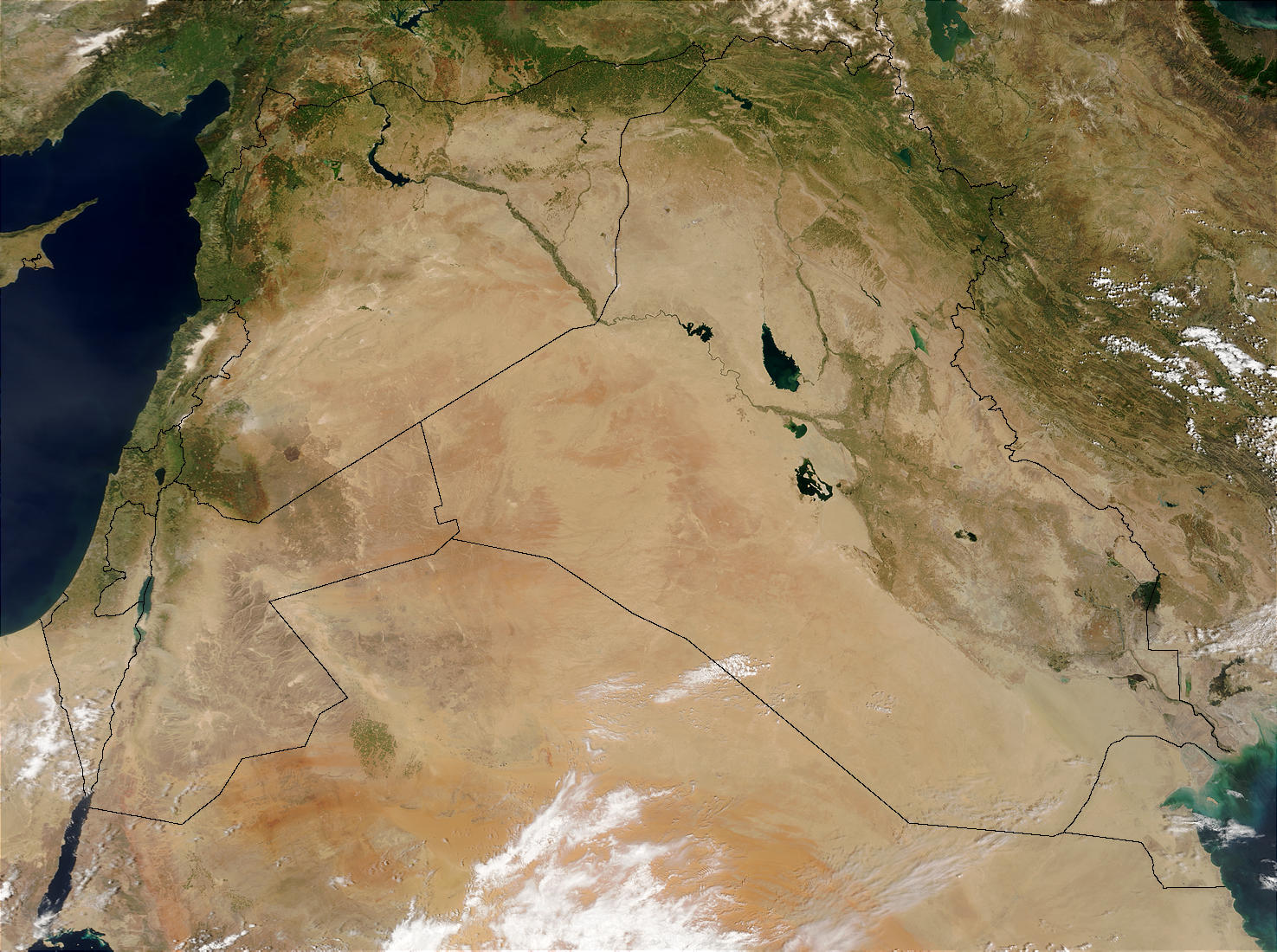 The date to be set would be December 5th. The location however still is a loft for the EU and Iran to begin nuclear talks. Iran is said to be in trouble at the UN due to not following accordingly with UN regulations as far as nuclear power goes. The talks have been delayed for over a year. If Iran is to agree then it would break that year long stalemate. The five members of the UN Security Council as well as Germany would be the countries that would talk with Iran about negotiations. EU officials state, “The meeting would be somewhere in Europe, most probably in Switzerland. A second, subsequent meeting may also be proposed for Istanbul.” With Tehran seeing if the council would agree on Istanbul, the US seemed irritated by that suggestion because Turkey has set up a nuclear-swap deal with Tehran early in the year while the US was increasing sanctions against Iran. The council as well as some officials believe there would be two whole days of talks which is, “sufficient time for a full and in-depth exchange of views.” If Iran does not show signs of wanting to talk then the sanctions against the country would only hurt it more plus damage their economy.
The date to be set would be December 5th. The location however still is a loft for the EU and Iran to begin nuclear talks. Iran is said to be in trouble at the UN due to not following accordingly with UN regulations as far as nuclear power goes. The talks have been delayed for over a year. If Iran is to agree then it would break that year long stalemate. The five members of the UN Security Council as well as Germany would be the countries that would talk with Iran about negotiations. EU officials state, “The meeting would be somewhere in Europe, most probably in Switzerland. A second, subsequent meeting may also be proposed for Istanbul.” With Tehran seeing if the council would agree on Istanbul, the US seemed irritated by that suggestion because Turkey has set up a nuclear-swap deal with Tehran early in the year while the US was increasing sanctions against Iran. The council as well as some officials believe there would be two whole days of talks which is, “sufficient time for a full and in-depth exchange of views.” If Iran does not show signs of wanting to talk then the sanctions against the country would only hurt it more plus damage their economy. Source: http://www.bbc.co.uk/news/world-middle-east-11748096
